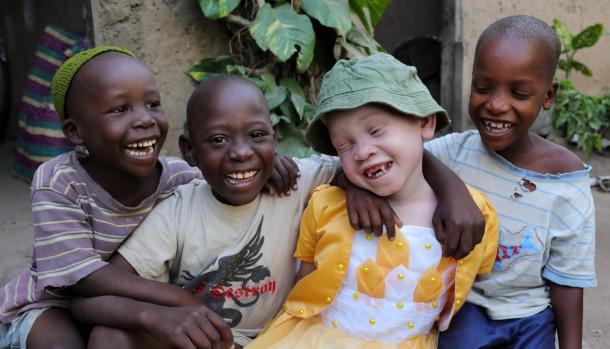In a bold step toward transforming global health systems, the Global Disability Summit held in Berlin from April 2–3, 2025, sent a clear message: disability inclusion is no longer optional it is fundamental. For Africa, where over 80 million people live with disabilities, the summit offered an unprecedented opportunity to shape inclusive health systems that leave no one behind.
Organized by the Governments of Germany and Jordan in partnership with the International Disability Alliance (IDA), the summit brought together world leaders, disability rights advocates, and global health experts. Central to the discussions was the urgent need to embed disability inclusion into health systems a call to action echoed by the World Health Organization (WHO), which announced the launch of a Global Initiative on Health Equity for Persons with Disabilities.
“This initiative will guide countries to transform their health systems to meet the needs of persons with disabilities,” said Dr Tedros Adhanom Ghebreyesus, WHO Director-General, during the summit. “Universal health coverage cannot happen without including the 1.3 billion persons with disabilities globally. All countries have to mainstream inclusion in their policies.”
What It Means for Africa
In African countries, where health disparities are compounded by poverty, conflict, and systemic barriers, the launch of this initiative has the potential to be transformative. According to the African Disability Rights Yearbook, persons with disabilities in Africa face widespread exclusion from health services due to stigma, poor infrastructure, lack of data, and inadequate policies.
The WHO initiative is expected to address these barriers by supporting governments in designing inclusive health strategies and policies, building capacity among healthcare providers, and investing in accessible infrastructure. The involvement of African governments in the summit and their endorsement of the Amman-Berlin Declaration on Global Disability Inclusion is a step in the right direction.
Already, countries like Rwanda and South Africa are showing leadership. Rwanda has implemented community-based health insurance programs that explicitly include persons with disabilities, while South Africa’s White Paper on the Rights of Persons with Disabilities lays the groundwork for inclusive service delivery across sectors.
Commitments and Collaboration
Over 800 commitments were made by countries and development partners during the summit, many focused on health. WHO emphasized that these pledges publicly available on the Global Disability Summit website will form a roadmap for action. Importantly, discussions at the summit underscored the role of disabled persons’ organizations (DPOs) in driving change, advocating for their involvement in policymaking and implementation.
“This Summit has helped us centre the voices of persons with disabilities,” said Darryl Barrett, WHO Technical Lead on Disability. “Inclusion must be systemic, and it must be guided by those most affected.”
The Road Ahead
For African nations, this is a pivotal moment to realign their health systems with the principles of equity, accessibility, and inclusion. Civil society actors, governments, and international partners must now work in concert to turn commitments into concrete action.
WHO has pledged to maintain momentum and support regional adaptation of its new global initiative. African stakeholders are urged to leverage the opportunity not just to reform health systems, but to address the broader social determinants of disability including education, employment, and social protection.
The challenge ahead is clear, but so is the promise: a continent where health systems serve all, including the millions of Africans with disabilities.








